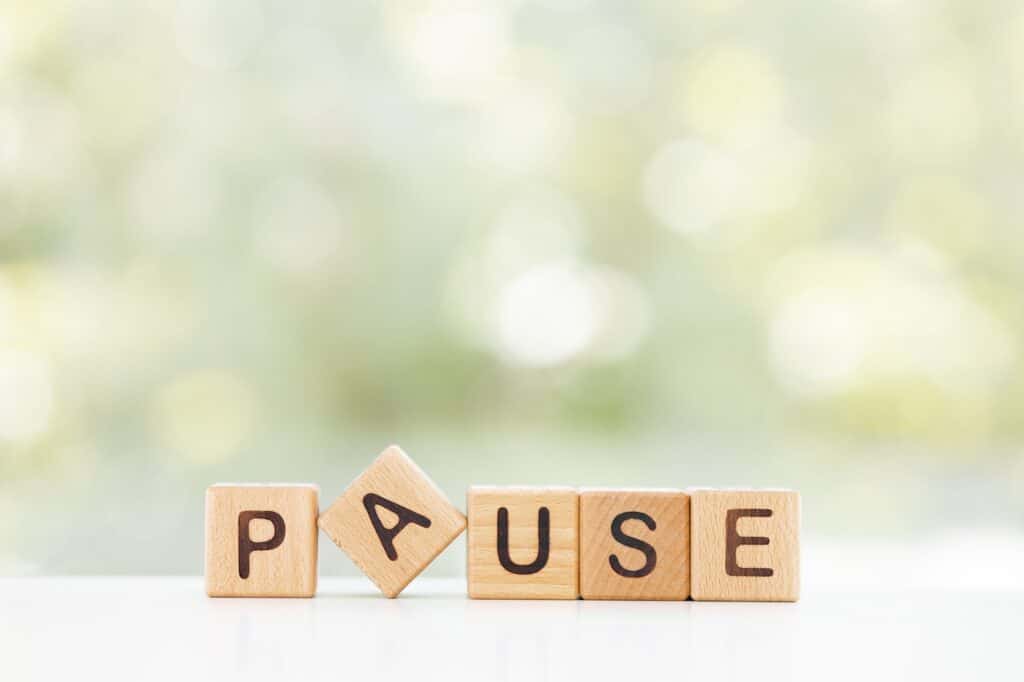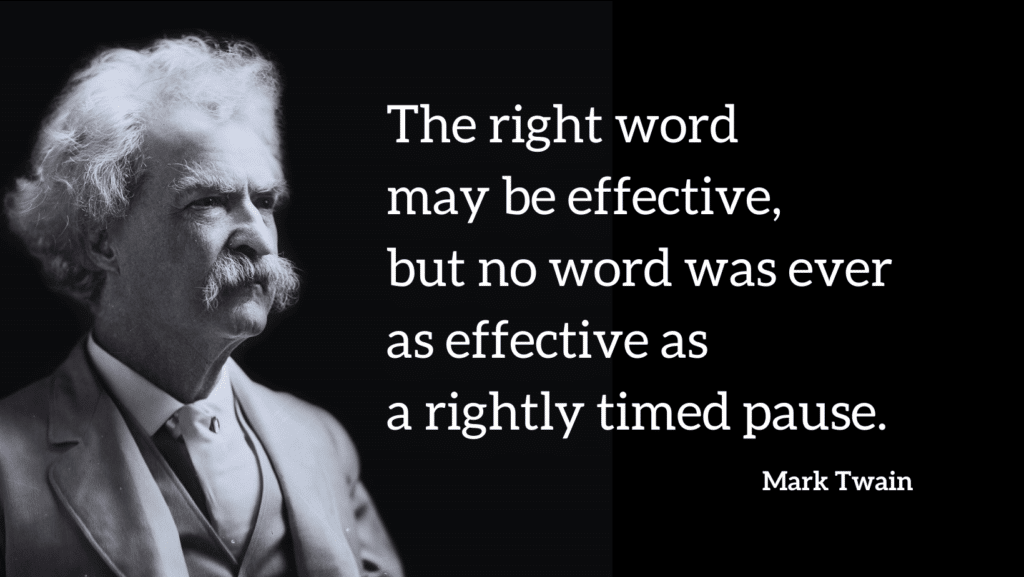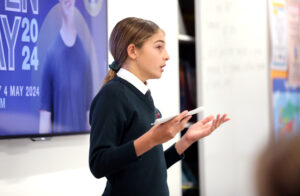The Power of the Pause – Jennifer Oaten

Teenagers are often impulsive, reacting rather than responding. It is this characteristic that can make the teenage years more challenging both for themselves and those around them.
Whether the issue is social media, fashion, attitude or behaviour, the way young people react or respond can have a significant influence on families and in schools.
A reaction is usually automatic, instinctive and may be irrational, emotional, and immediate, while a response is usually considered and thoughtful, evaluating the situation and remaining calm in delivery. A reaction may be due to frustration, disappointment, or anger, grounded in our survival instincts and fuelled by adrenaline.
Some of the words associated with reacting and responding include:
Reacting
Automatic / immediate / in the moment
Emotions-driven / irrational
Aggressive
Fuels disagreement
Impact not considered
Limits of control of the situation
Responding
Takes time
Considered / evaluated / thoughtful
Calm / controlled
Resolves issues / better outcomes
Aware of consequences
Empowers you
Pause before posting
Technology has provided us with tools that give us the ability to send messages instantly to anyone in the world. It’s fantastic…. or is it?
Our comments can be forwarded, screenshot, or shared with many others. You can delete social media comments, but sometimes it is too late. Once you have sent an email, there is no undoing it. A heat-of-the-moment email or social media post can do significant damage to your friendships, your work life or even your family. The power of the ‘pause’ is so significant in our online lives today, as poor judgement can have long-term impacts.
In our technology-rich world, the art of pausing needs to be valued and learned. In our lives, we have constant notifications, a never-ending supply of information and constant connection. This can often lead to quick comments, a lack of thought in responses and misinterpretation by others.
Young people need to be informed about the power of ‘the pause’. If only they had paused and not posted, many of the situations we deal with in schools would not occur, and we could focus on our core business of teaching and learning rather than resolving the fallout of online commentary.

Pause before speaking
In our fast-paced lives, we often rush through conversations, barely listening or connecting with others. As humans, many of us prefer to speak more than listen, yet being a listener when someone is speaking to you is a true indication that you are fully engaged and genuine. One of the most important skills of listening is simply to pause before replying, taking time to comprehend and understand rather than jumping in with the first thing that comes to mind.
Great listeners are masters of the pause. It enables them to respond thoughtfully rather than saying something that they later regret. By giving our undivided attention and creating moments of shared stillness, we deepen our connections, foster empathy, and strengthen the bonds we have with others.
When you lead a hectic life, your first instinct may be to immediately react to any issue or person that enters your orbit, especially when it’s something you don’t agree with or understand. But being overly reactive can cause you to say and do things in haste that you’ll later regret. Reacting often hurts others and creates consequences we never intended.

Why pause?
Pausing enables us to
- Register and interpret information around us.
- Understand another person’s view or situation.
- Read the room and understand the emotions of others.
- Process our thoughts and gain clarity.
- Craft a thoughtful response.
- Carefully navigate difficult conversations.
We develop confidence in our students to speak up for themselves and to have an opinion, but the need to be reflective and to pause is a skill, an art form that indicates great strength of character. In writing, we have punctuation; in speaking, we have the magic pause.
Giving our emotions time to settle so that we respond rather than react is part of having emotional intelligence, one of the attributes in the personal category of our Connecting Learning to Life strategy at Santa Maria College.
Pauses can also be an incredibly powerful tool if we are speaking to an audience, yet it is often underutilised. Pausing in job interviews enables you to frame and clearly articulate your answers. Pausing in a heated discussion can help to diffuse the situation. Pausing in leadership helps to listen carefully and resolve complex challenges.
The word ruminate is useful because it means to “chew things over”. As parents, one of the greatest skills we can give our children is to teach them to ruminate or to think things over, to pause, particularly when emotions are running high.
When you pause, not only do you show strength but also compassion, understanding and empathy for those around us. By taking a pause, we regain control and ensure we are not just reacting to stimuli, words said or posted but are attuned to our thoughts while keeping our emotions in check. By responding and not reacting, our relationships with others, both online and in person, are more likely to be positive.
So next time the teenager (or partner or colleague) in your life reacts, how will you respond?
We can all benefit from the power of………… the pause!

Michelle Attains Lead Teacher Status
Our Head of Professional Learning, Michelle Carrick, recently attained national certification as a Lead Teacher, one of only 64 people nationally to have attained this certification in 2023.

From the President: May 2024
We have some great stories in this month’s blog. Also Look out for information about our OGA Movie Night screening of The Way, My Way.

Lisa Sorger: Sisterhood Network Series
Join us for an inspiring evening at the second session of our Sisterhood Networking Series with Dr Lisa Sorger (Ramakrishnan, 1987).
- Featured
Author: Santa Maria College
Santa Maria College is a vibrant girls school with a growing local presence and reputation. Our Mission is to educate young Mercy women who act with courage and compassion to enrich our world. Santa Maria College is located in Attadale in Western Australia, 16 km from the Perth CBD. We offer a Catholic education for girls in Years 5 – 12 and have 1300 students, including 152 boarders.







